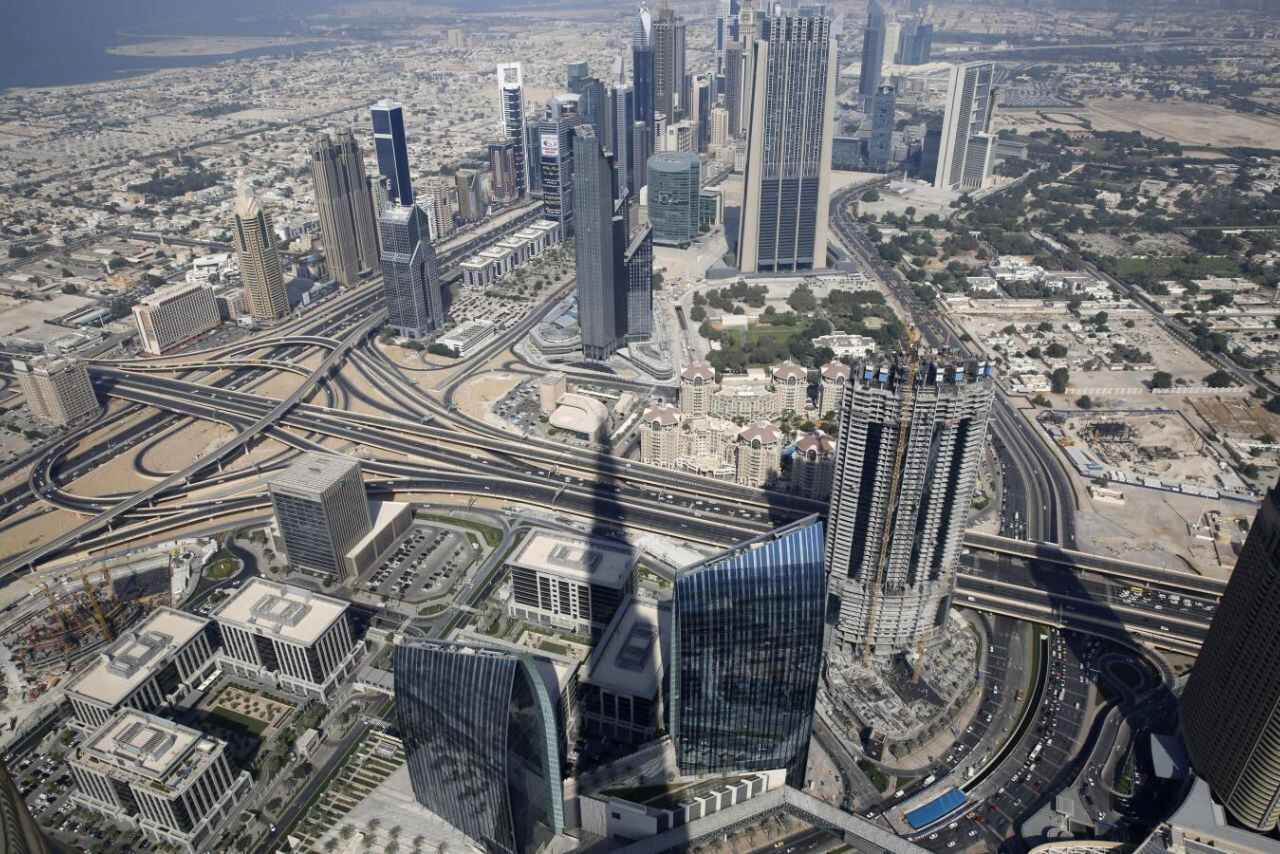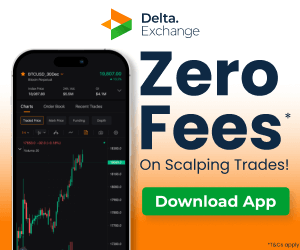Dubai quietly launches a groundbreaking pilot that could reshape global property markets. Here’s what you need to know.
Dubai’s Blockchain in Property Ownership
Dubai has launched a new pilot program to convert real estate into digital tokens, positioning itself as the Middle East’s blockchain centre. This will be spearheaded by the Dubai Land Department (DLD).
The initiative aims to use blockchain to secure property deeds and streamline transactions. This project was a collaboration between the Virtual Assets Regulatory Authority (VARA) and the Dubai Future Foundation (DFF). Aligning with Dubai’s 2033 vision to dominate tech-driven markets.
The move marks the first time a Middle Eastern property authority has embedded blockchain into ownership records. By digitising assets, Dubai hopes to attract crypto investors while boosting market transparency.
Driving Forces Behind the Digital Shift
Why is Dubai betting big on tokenisation? Officials cite soaring demand for accessible, liquid investments. Blockchain’s immutable ledger system reduces fraud risks and paperwork. This will cut costs for buyers and sellers. Not just this, the city also aims to cement its reputation as a global tech hub, diversifying beyond oil revenues.
Marwan Ahmed Bin Ghalita, DLD’s Director General, emphasises the initiative will “simplify and enhance” real estate processes. Collaborations with tech firms are underway to refine the platform before a full rollout. “Tokenisation isn’t just innovation; it’s necessity,” he adds.
Breaking Down the $16 Billion Vision
DLD projects tokenised real estate could hit $16 billion by 2033, covering 7% of Dubai’s property transactions. This growth depends on fractional ownership, allowing investors to buy shares in high value assets like luxury towers or hotels. Unlike traditional crowdfunding, tokenisation offers direct ownership, which will be recorded on blockchain, enabling instant trades.
However, challenges linger. A 2023 McKinsey report warns real estate tokenisation faces slower adoption due to legal and operational hurdles. Dubai’s pilot will test solutions for regulatory compliance, valuation disputes, and tech scalability.
Challenges and Opportunities in Tokenisation
While blockchain promises efficiency, skeptics question its practicality. Tokenisation requires seamless integration with existing laws, a hurdle Dubai aims to tackle through VARA’s crypto-friendly policies. Scott Thiel, CEO of Tokinvest, calls the pilot a “transformative moment,” noting it could democratise access for global investors.
“Imagine a teacher in Tokyo owning a slice of a Dubai skyscraper,” Thiel explains. “Tokenisation turns this into reality.” By contrast, traditional markets often exclude small investors due to high entry costs.
Global Investors Eye Dubai’s Digital Frontier
Dubai’s tokenisation push is not limited to local markets; it’s a global invitation. The city’s proactive regulations, praised by Thiel, have already positioned the UAE as a crypto haven. Now, digitalised real estate could lure international capital, boosting market liquidity.
“This isn’t an experiment anymore; it’s Dubai’s new reality,” Thiel states. Analysts agree, noting tokenisation aligns with rising demand for “real-world asset” crypto investments, which surged 56% globally in 2023.
A Glimpse Into Tomorrow’s Market
As Dubai refines its pilot, the world watches. Success could spark similar projects from Paris to Singapore, reshaping how we own property. For now, the emirate’s blend of ambition and tech might just make it the blueprint for the future. Will $16 billion be the start or the ceiling? Only time, and blockchain, will tell.
Written By Fazal Ul Vahab C H




